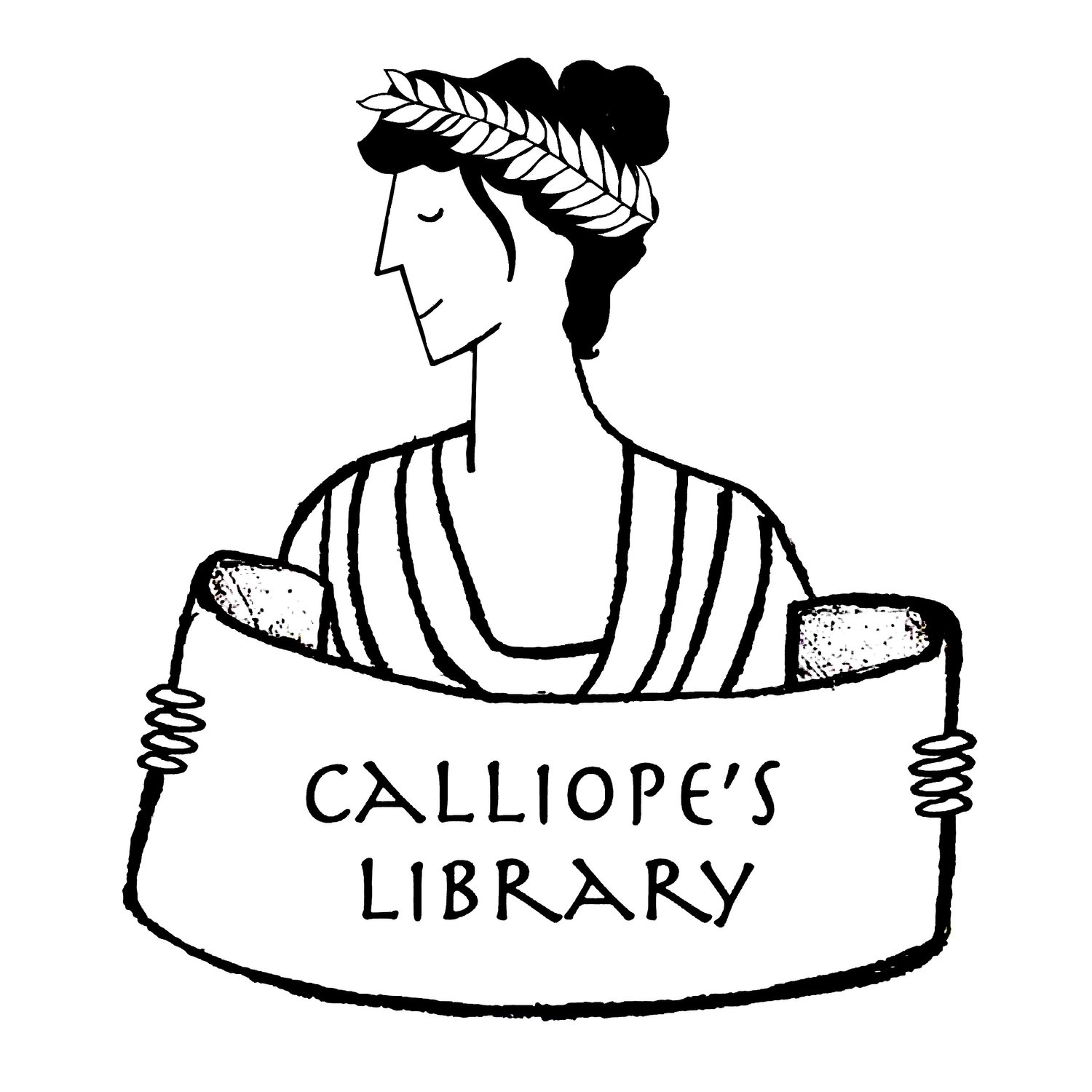Title: Greek Myths and Mazes (Ariadne’s Thread: Myths and Labyrinths/Nić Ariadny. Mity i Labirynty)
Author and Illustrator: Jan Bajtlik
English Translator: Zosia Krasodomska-Jones
Year: 2019
Tags: 7+, The Odyssey, Picture Books, Ancient Civ, Greece, Greco-Roman Mythology, Setting: Ancient, Award winner: Polish Section of the International Board on Books for Young People “Book of the Year” award nominee, Interactive, Original Language: Polish “Nić Ariadny: Mity i Labirynty”
Readers interested in a scholarly approach to children’s literature may consult this title on Our Mythical Childhood Survey*
“Greek Myths and Mazes” is the result of many months of research conducted at museums and other institutions all around the world by Jan Bajtlik, a Polish illustrator, author, and designer. His 2019 book is a mix of different genres, including informational picture book, wimmelbook (a collection of detailed panoramic images with very few words), and an activity book. Later pages present selected scenes from Greek mythology and history, such as the Twelve Labors of Hercules, the Labyrinth, the palace of Knossos, the ship Argo, the Trojan War, the trials of Odysseus, the Olympic games, and the Acropolis of Athens, and many other scenes, stories, places, and myths. In the second part of the book, you can find detailed explanations of all the illustrations: they are historically correct (Bajtlik consulted with Prof. Marek Węcowski from the Institute of History at the University of Warsaw, Poland), and include several important idioms, such as Achilles’ heel, Pandora’s box, Sisyphean labor or deus ex machina.
The artistry and hard work of the author are visible; it’s no surprise then that Bajtlik was nominated for the Polish Section of IBBY “Book of the Year” award in the graphic category. Attention to details (often reproduced, reconfigured, or stylized classical works of art), the overwhelming crowed spreads, a wide range of themes, and the woven mazes to thread – all this makes “Greek Myths and Mazes” a great picture book to introduce the secrets of the ancient world, still present in contemporary culture and art. -- Krzysztof Rybak
* For further information on the Our Mythical Childhood Survey, please refer to the website of the project “Our Mythical Childhood” [link: http://omc.obta.al.uw.edu.pl/], led by Prof. Katarzyna Marciniak at the Faculty of “Artes Liberales,” University of Warsaw, Poland, with the participation of Bar Ilan University, University of New England, University of Roehampton, University of Yaoundé 1, and other affiliated scholars, within the funding from the European Research Council (ERC) under the European Union’s Horizon 2020 Research and Innovation Programme (grant agreement No 681202).


